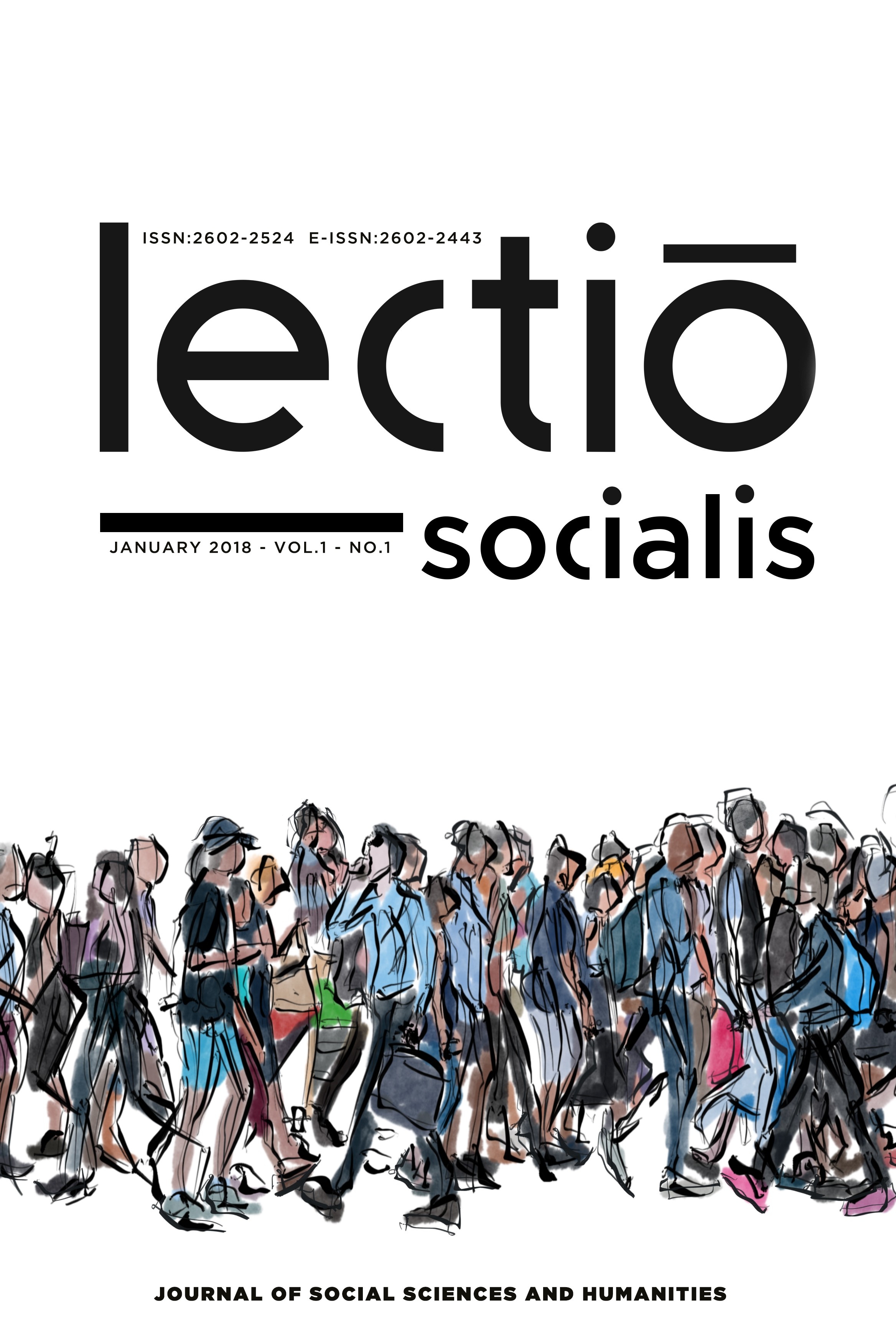Birlikteliğin Kırılganlığı: Kent, Ev ve Aile Üzerindeki Yansımalar
Kent, Ev, Aile, Birliktelik, Çatışma, Köprüdekiler
The Fragility of Togetherness: Reflections On the City, Home and Family
The city, Home, Family, Togetherness, Conflict, Men on the Bridge,
___
- Akın, F. (2012). “11’e 10 Kala”. Available at: http://www.menonthebridge.com/. [Accessed 20 December 2012].
- Bauman, Z. (1994). Alone Again: Ethics after Certainty, London: Demos.
- Bauman, Z. (1997). Postmodernity and its Discontents, Oxford and Cambridge: Polity Press.
- Bauman, Z. (1999a). In Search of Politics, Stanford: Stanford University Press.
- Bauman, Z. (2000). Liquid Modernity, Cambridge and Malden: Polity Press.
- Bauman, Z. (2001). Community: Seeking Safety in an Insecure World, Cambridge, Oxford and Malden: Polity Press.
- Bauman, Z. (2003a). Liquid Love: On the Frailty of Human Bonds, Cambridge, Polity Press; Oxford: Blackwell Publishers Ltd.
- Bauman, Z. (2003b). City of Fears, City of Hopes, London, Goldsmiths College: University of London Press.
- Demir, S. T. (2014). “The City on Screen: A Methodological Approach on Cinematic City Studies”, CINEJ Journal 4 (1): 21-36.
- Diken, B. and Laustsen, C. B. (2007). Sociology through the Projector, London and New York: Routledge.
- Dowd, J. (1999). “Waiting for Louis Prima: On the Possibility of a Sociology of Film, Teaching Sociology”. Teaching Sociology, 27 (4), 324-342.
- Lapsley, R. (1997). Mainly in Cities and at Night: Some Notes on Cities and Film. In Clarke, David. B. (Ed.) The Cinematic City. New York and London: Routledge.
- Lefebvre, H. (1996) Writings on Cities, Malden and Massachusetts: Blackwell.
- Ruskin, J. (1891). Sesame and Lilies, New York: Metropolitan Publishing Co.
- Sennett, R. (1992). The Conscience of the Eye: The Design and Social Life of Cities, New York and London: W. W. Norton and Company Inc.
- Sennett, R. (1996). The Uses of Disorder: Personal Identity and City Life, London: Faber and Faber.
- Sennett, R. (1998). The Corrosion of Character: Personal Consequences of Work in the New Capitalism: New York, W. W. Norton and Company, Inc.
- Sennett, R. (2003). Respect: The Formation of Character in a World of Inequality, London, New York, Victoria, Toronto, New Delhi, Auckland and Rosebank: Penguin Books.
- Simmel, G. (1971). On Individuality and Social Forms, Chicago and London: The University of Chicago Press.
- Başlangıç: 2017
- Yayıncı: Emrah Konuralp
Değişen Savaş Konsepti ve Amerika’nın Savunma Politikası
Esra DEMİRBAŞ, Özlem TOPLU YILMAZ
Birlikteliğin Kırılganlığı: Kent, Ev ve Aile Üzerindeki Yansımalar
COVID-19 Salgını, Küresel Elit ve Yeni Düzen
Karşılaştırmalı Kamu Yönetimiyle İlişkisi Bakımından Ania Loomba’nın Yöntemi
